Safety protocols for sex? And zoos? It’s Covidiculous
A growing COVID industry is a boon for a select few; the rest of us are sick of it.
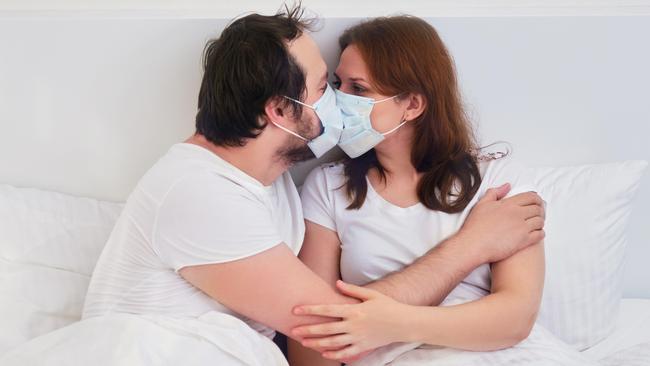
For occupational health and safety experts, public health bureaucrats, vaccine manufacturers, COVIDSafe consultants and COVIDAwareness trainers, pathologists, dispute lawyers and general busybodies, the pandemic is a boon.
For business, especially small, the additional layer of regulation created by COVID-19 hysteria, much of it scientifically unfounded and totally arbitrary, will be an another cost and complexity to make hiring and operating even more stressful. No wonder 23 per cent of all businesses surveyed by the ABS in July said they will either shut down or reduce staff once federal support payments end.
Ground zero for COVID compliance is Victoria, where the prospect of achieving COVIDNormal — the fifth and final stage of Dan Andrews’ “road map” out of lockdown – look slim indeed, no matter how militantly COVIDSafe households and businesses can be.
And even if the COVIDNormal nirvana — which requires zero new cases for 28 days in a row, something that has happened almost nowhere — is declared on time in late November, record-keeping of patrons and customers in the real estate, hospitality and entertainment sectors is set to remain.
On Monday online job listing site Seek had 4339 jobs listed with COVID-19 in the description, including a pandemic manager at Hepburn Shire Council in Victoria, with a salary guide of $110,000.
That’s good money given managing a pandemic in a shire with zero active cases shouldn’t be too arduous. North of the Murray, where the pandemic has been subdued, with fewer than 10 new cases a day, the NSW government is advertising 113 jobs with COVID-19 in the description, including an epidemiologist, data analysts and surveillance officers.
The other states, relatively untouched, have spewed out a mind-boggling array of COVIDSafe plans, frameworks, guides — especially in Queensland, where six elderly people have died from the pandemic in six months (in a state where 32,000-odd die every year).
The Queensland government has drawn up 24 mandatory COVIDSafe Industry Plans, each at least 10 pages, including for sporting matches, caravan parks, gyms, churches, and outdoor and (separately) indoor sports. There are even separate plans for brothels, cruise clubs and saunas.
Signs and posters “to remind customers and workers” about COVID-19 should be displayed, seats in waiting areas must be 1.5m apart, and customers should be encouraged to use “tap and go” for payment. “Reduce the sharing of equipment and tools, and remove books, magazines and iPads, from waiting areas,” the plans, published in July, state.
Perhaps inspired by Queensland’s vigilance, Canada’s Chief Medical Officer, Theresa Tam, this month recommended COVIDSafe dating and sex. She urged Canadians to “skip kissing and avoid face-to-face contact or closeness” during sex, alongside a reminder that alcohol could lead to poor decision-making.
There’s even a Queensland COVIDSafe Industry plan for zoos and aquariums. “Aim to practise the same physical distancing protocols between people and animals as … recommended among humans,” it says. No petting the dolphins at Sea World, kids.
“It is plausible that some animals may find increased visitation more rewarding compared to their experiences over the last few months.” More than plausible, I’d have thought: animals, could they speak, would doubtless tell us they are as fed up as Victorians with their forced isolation.
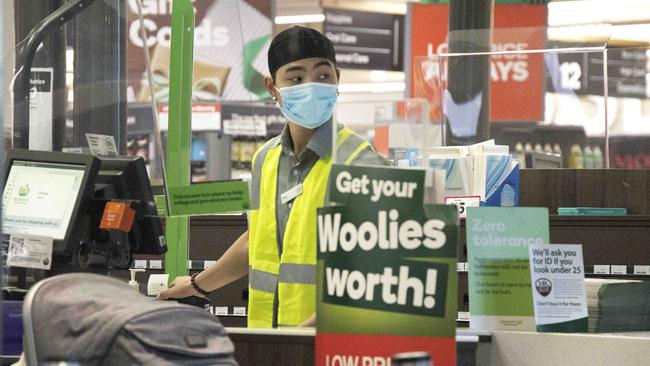
None of this is laughing matter. Individuals not virus-compliant in Queensland can incur a $6672.50 fine and even six months’ jail.
Not to be outdone, South Australia, where there is a sole active case, perhaps somewhere between Mount Gambier and Coober Pedy, has legislated to require a large variety of businesses to employ designated COVID marshals throughout the state.
The national pastime of being tested for COVID-19, however mild the symptoms, has generated a $1.33bn windfall for pathologists and associated health sectors too, given each of the 6.6 million tests already conducted cost in total about $200, according to industry sources.
Only 0.4 per cent of the tests have been positive, which may not mean much. “The reliability of COVID-19 tests is uncertain due to the limited evidence base,” the Therapeutic Goods Administration states on its website, adding that a positive test might not indicate an individual is infectious.
There must be doubts about the value of the federal government’s vaunted $1.7bn deal to obtain up to 84 million doses of the Oxford vaccine from UK drug giant AstraZeneca. For a start, how many might choose to take it, given so many have more to fear from side effects than the virus itself. In a similar negotiation with Belgium the drug giant reportedly wanted liability for any side effects waived.
The coronavirus pandemic won’t only be used to enrich vested interests, which, naturally, will proclaim “public health” their first concern. It will be a launch pad for broader social and economic change. The World Health Organisation director-general was candid in a speech last month. “We cannot go back to the way things were … in particular the pandemic has given new impetus to the need to accelerate efforts to respond to climate change,” he said.
We’ll have to wait and see what a poorer, unemployed, and ultimately angrier set of voters thinks about more subsidies for solar and wind energy, or even climate change, not to mention the massive accretion of COVIDBS regulation and jobs that will come to be seen as wasteful, pointless and annoying.


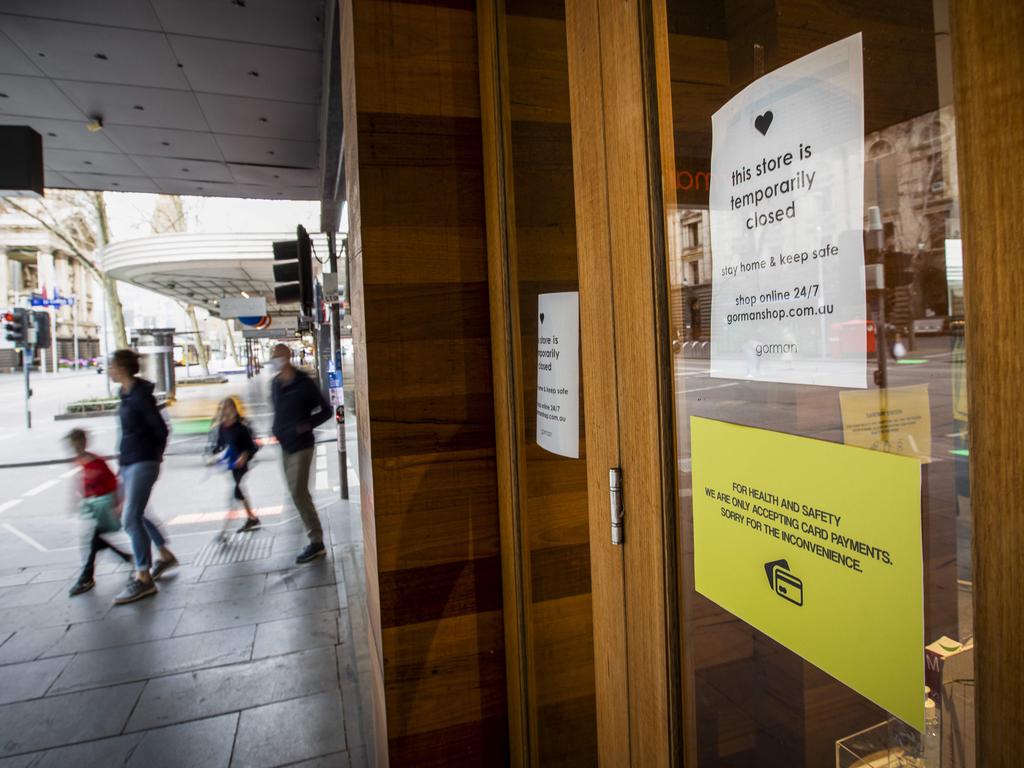

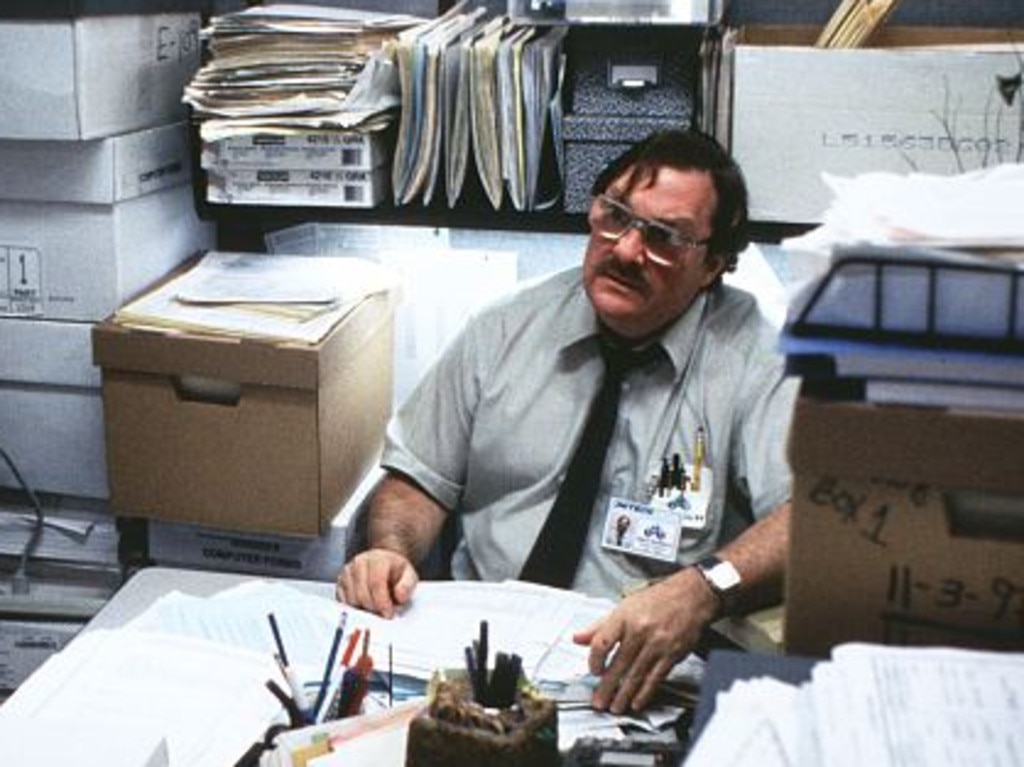
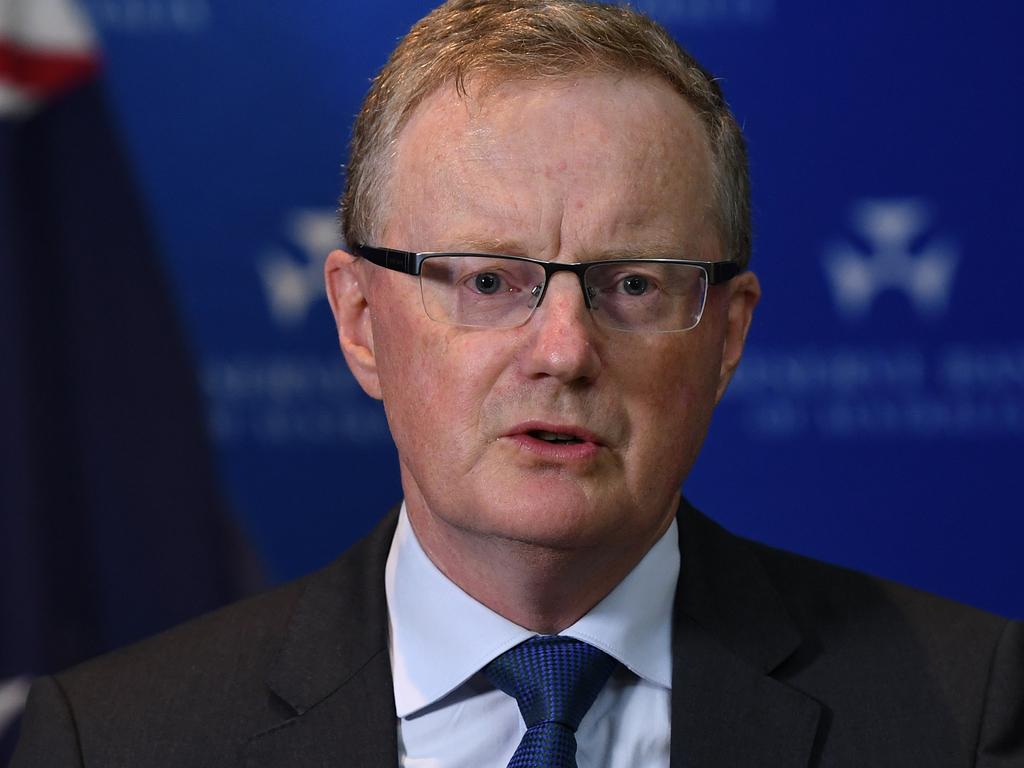


The newly erected barriers between checkouts at supermarkets, stickers telling you where to sit on the train, and attendants at cafes demanding to see you’ve “checked in” are the most obvious manifestations of the burgeoning COVID-19 compliance industry.